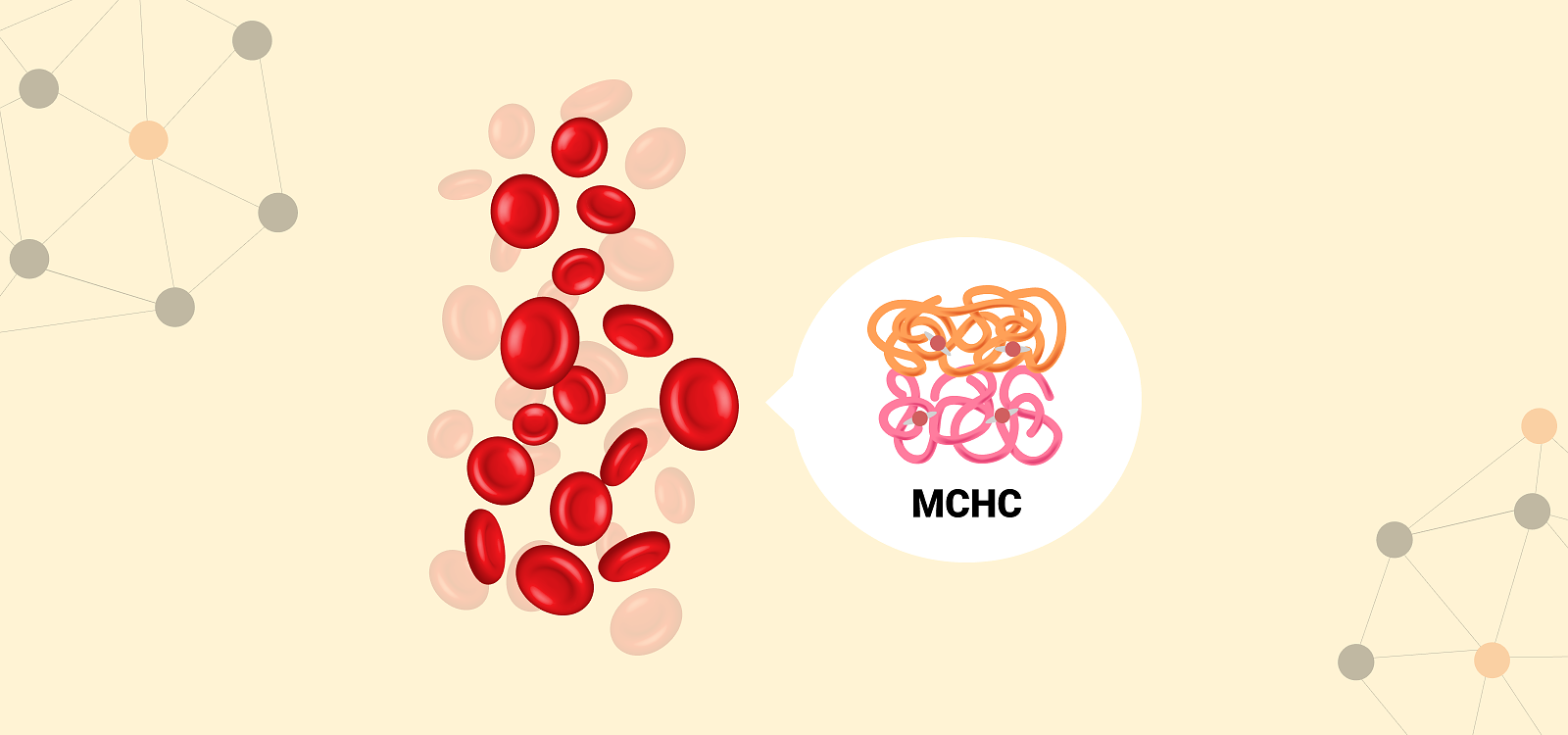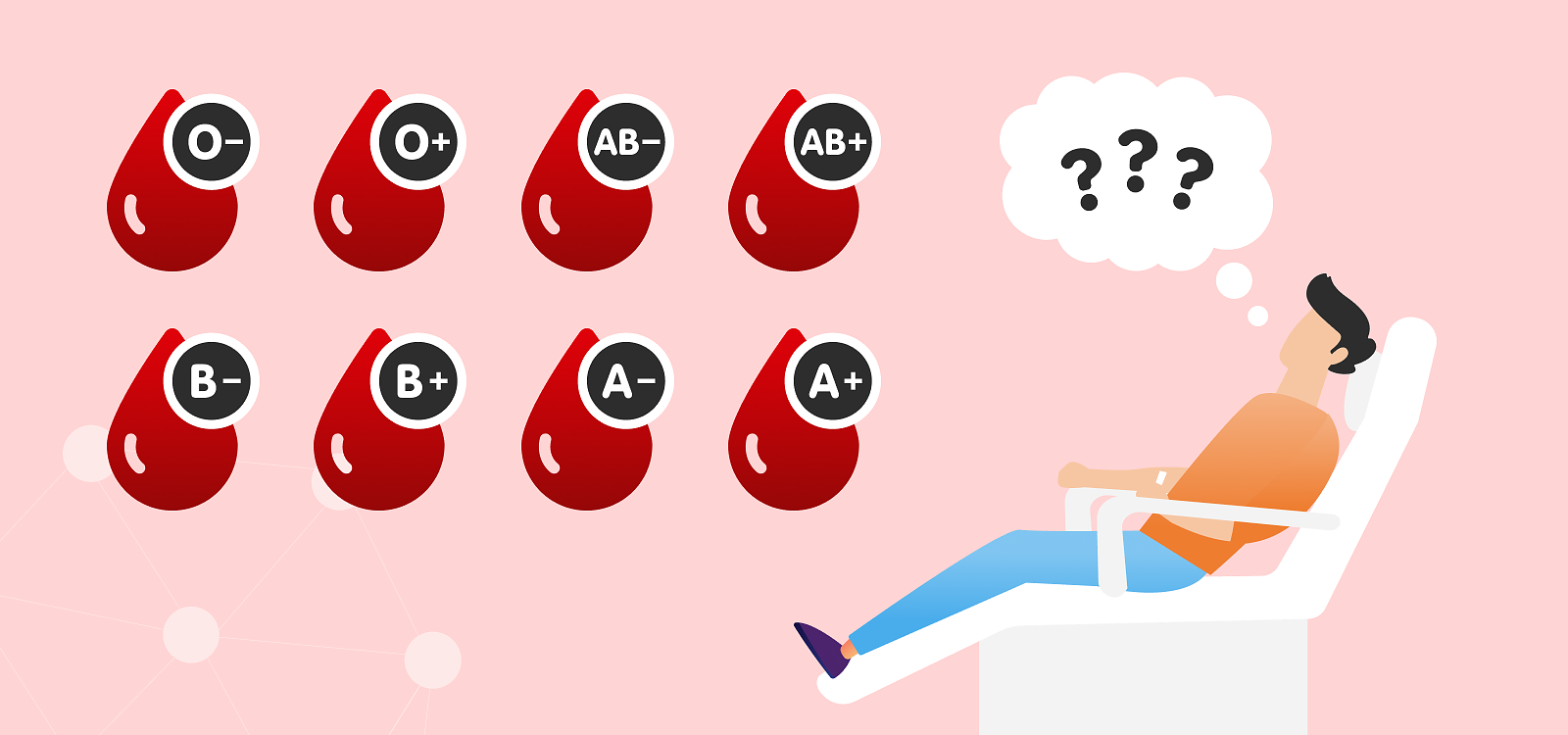Parameter Tuesday: MCHC
The MCHC blood test, also known as a mean corpuscular hemoglobin concentration test, is a common blood test that is used to measure the average concentration of hemoglobin in your red blood cells. Hemoglobin is a protein in your red blood cells whose main role is to carry oxygen from the lungs to the tissues and to transport carbon dioxide from the tissues back to the lungs.
The MCHC blood test is typically ordered as part of a complete blood count (CBC) test, which is used to evaluate your overall health and check for a variety of conditions, including anemia, infection, and inflammation. A CBC test is often ordered as part of a routine physical exam or if you are experiencing symptoms such as fatigue, shortness of breath, or pale skin. The MCHC blood test is just one part of a complete blood count. Your doctor will also review the results of other tests to determine the cause of any abnormal results and develop a treatment plan.
Low MCHC levels mean the hemoglobin concentration in red blood cells is lower than normal. There are several reasons why you may have a low MCHC blood test result. Some of the most common reasons include:
- Anemia: Anemia is a condition in which the body doesn't have enough healthy red blood cells to carry oxygen to the body's tissues. Anemia can be caused by a deficiency in iron or other essential nutrients, chronic illnesses, or heavy blood loss.
- Iron deficiency: Iron is an essential nutrient that the body needs to produce hemoglobin. A deficiency in iron can lead to a low MCHC blood test result, as well as symptoms such as fatigue and difficulty breathing.
- Nutrient deficiencies: In addition to iron, other essential nutrients, such as folic acid and vitamin B-12, are necessary for the production of healthy red blood cells. A deficiency in these nutrients can lead to a low MCHC blood test result.
- Chronic illnesses: Certain chronic illnesses, such as kidney disease and cancer, can affect the body's ability to produce healthy red blood cells, leading to a low MCHC blood test result.
High MCHC levels mean the hemoglobin concentration in red blood cells is higher than normal. A high MCHC blood test result can be caused by a condition called hemoglobinopathy, which is characterized by abnormal hemoglobin production. Hemoglobinopathy can be caused by genetic mutations that affect the structure or function of hemoglobin, leading to abnormal red blood cells. Some of the most common types of hemoglobinopathy include sickle cell anemia and thalassemia. Other factors that can cause a high MCHC level include dehydration, severe burns, liver disease, an overactive thyroid and certain medications, such as those used to treat cancer or kidney disease.






